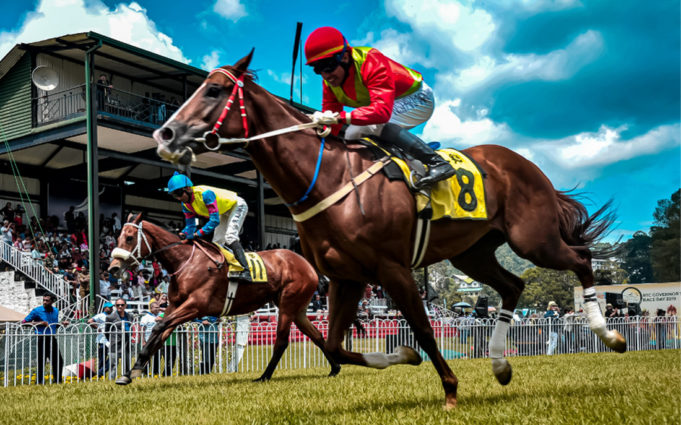The Lone Star State is famous for standing out strong and tall among the fifty states. For those who know — and love — Texas, it should come as no surprise that when it comes to gambling, Texas has a long and interesting history.
And it’s not all history from the distant past; right at this very moment, multiple politicians, political parties, and interest groups are fighting to either legalize or prohibit new forms of gambling such as sports betting and online casinos.
So it seems fitting that we should take a look at the long and tumultuous history that gambling and betting have had in the state, and maybe it can teach us something.
Gambling in Texas’ Early Days
Gambling was considered to be one of the many “vice activities” which were popular in Texas’ early history. These activities included sex work, excessive drinking, and the taking of opium and peyote, a hallucinogenic. Part of Texas’ “bad boy” or “no messin’” reputation is likely due to the wildness of these early days which saw colonial Texas littered with saloons, gambling houses, and brothels.
After the US Civil War and throughout the Reconstruction Era, gambling houses became an increasingly popular form of entertainment. Gambling was one of the favorite pastimes of cowboys, ranchers, smugglers, and buffalo hunters, and gambling only became more popular as the state began to grow in prosperity following a frontier boom and a spike in the price of buffalo hides.
The Progressive Era
During the Progressive Era, the” vices” of excessive drinking, sex work, gambling, and the taking of drugs (marijuana, peyote, and opium were all popular) were either regulated or outlawed one by one. Although gambling continued illegally in homes and in San Antonio and Galveston’s “vice districts”, its popularity massively declined throughout the state.
The most significant victory for Progressive Era campaigners was the banning of alcohol in the 1920s. However, as everyone is undoubtedly aware, the banning of alcohol did not mean the end of drinking. Instead, drinking and gambling became activities that were enjoyed in more “underground” environments.
Impact of The Great Depression
The Great Depression ravaged the national economy in the 1930s and each state struggled to overcome its financial difficulties in different ways. In 1933 Texas first legalized parimutuel betting on horse races. Parimutuel is French for “mutual betting”, and parimutuel betting is a betting system in which all bets of a certain type are pooled together. After taxes and the bookmaker’s fee have been deducted, the payoff odds are worked out by dividing the pool between all of the winning bets.
Betting on horse races and greyhound races remains legal today and continues to be an important source of revenue for the state. However, after a number of prominent investigations into the welfare of the animals being raced, it is possible that these sports could be curtailed. Thankfully there are other possible sources of revenue that the state could turn to.
During WWII a number of different cities began to relax the regulation of gambling in order to generate more tax revenue. Houston had a number of different large and open gambling venues at the time, as did Galveston. Many of these institutions were associated with other “vice activities” such as the Hollywood Dinner Club which openly ran a sex work operation well into the 20th century.
The Future of Gambling in Texas
Sports betting is currently illegal in Texas and therefore many people are unable to enjoy placing bets on their favorite teams or games. However, there is a new bill that could potentially be making its way through the Texas state legislature very soon.
Texas is known for its divisive political landscape and this divisiveness is present even in the push for sports betting to be legalized. In March 2022, Dan Patrick won the GOP nomination to run for the position of Texas Lieutenant General. Patrick is a well-known anti-gambling advocate and if he is successful it is unlikely that sports betting will be legalized anytime soon in Texas.
However, Beto O’Rourke, the Democrat nominee running for Texas Governor, announced in April that he would legalize both sports betting and casino gambling in the state of Texas.
The future of the Texas Sports Betting Bill really depends on where Texas politics ends up after the gubernatorial election and the midterm elections. Realistically, however, if pro-betting politicians are elected, the soonest that sports betting could be legalized is 2023, so avid betters and gamblers will need to have patience and watch to see how things play out over the course of the next few years.












